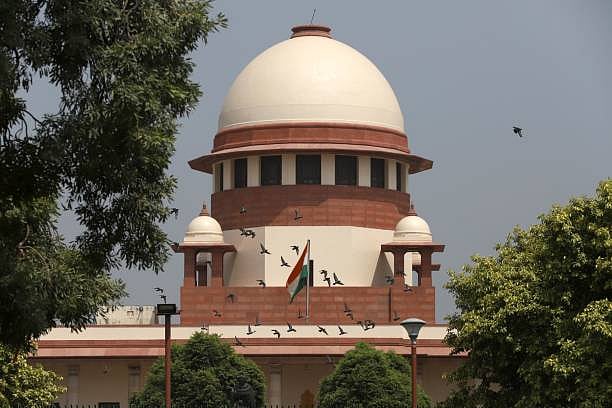Supreme Court issues directions to trial courts to safeguard victims of sexual assault
The Supreme Court also directed the trial court judges to be respectful to the advocates of the victim while cross-examining and, as far as possible, the cross-examination must end in one sitting.

Supreme Court issues directions to trial courts to safeguard victims | Representative Image
The Supreme Court on Friday held that all sexual harassment cases should be held in camera and no inappropriate pointed questions should be asked to the sexual assault victims. In a series of directions to trial courts across the country, the apex court also barred seeking the sexual history of the aggrieved women.
A bench of Justices DY Chandrachud and Jamshed B Pardiwala regretted that the legal proceedings in such cases tend to be more onerous for complainants already suffering trauma and societal shame. It said the trial courts have an important responsibility of handling such cases appropriately and sensitively.
The top court passed these directions in a case filed by a yoga instructor accusing a vice-chancellor of sexual abuse and termination of job for not complying to his demands. She challenged the trial procedures and examination of witnesses in the trial court and came to the apex court after not getting any justice from the Bombay High Court.
Allowing her petition, the Supreme Court said the proceedings should be conducted in camera when the victim and the witnesses testify.
The Supreme Court also suggested installing a screen to ensure that the aggrieved woman does not have to see the accused while testifying or, as an alternative, the accused should be asked to leave the courtroom when her testimony is being recorded.
The Supreme Court also directed the trial court judges to be respectful to the advocates of the victim while cross-examining and, as far as possible, the cross-examination must end in one sitting.
It said, “In cases alleging sexual harassment, sexual assault, rape or any similar allegations, where the victim has already been traumatised, the courts should not further burden her, and should press upon the police to investigate.” The court added that due regard must be given to the fact that it’s not possible for the complainant to retrieve important evidence regarding her complainant. In such cases, the magistrate should order the police to probe further without harassing the victim.
RECENT STORIES
-
-
-
-
-